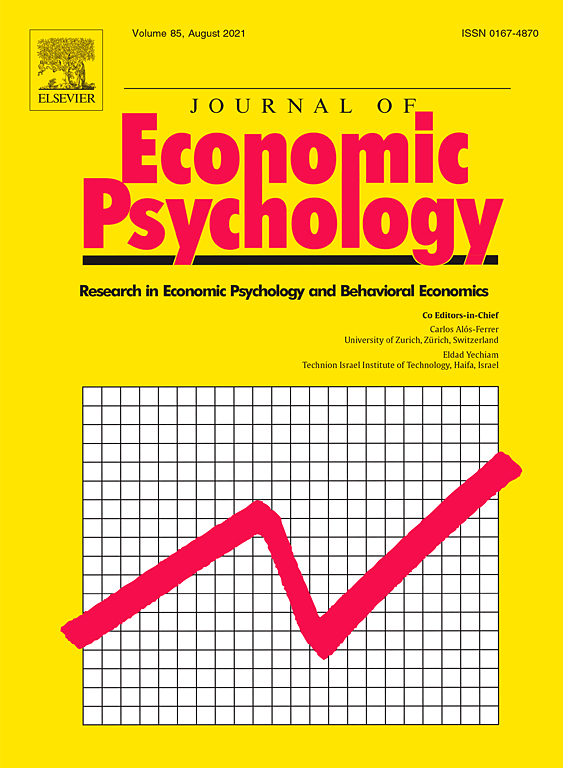Executive Summary
Freeriding can be made more costly by increasing either the probability of being caught or the severity of the punishment. However, neither option is without cost. What is the tradeoff between these strategies? In this study, we introduce an exogenous punishment mechanism that varies the probability and magnitude of punishment to examine this tradeoff. In our punishment system, sanctions are imposed on the lowest contributor according to a predetermined probability rather than assigned by the participants. Our results indicate that exogenous punishment enhances cooperation. Moreover, we show that punishment of an intermediate magnitude imposed with a 50% probability is significantly more effective than a more severe punishment with a 10% probability or a lesser but certain punishment, even though the expected value of the punishment is equal across the punishment treatments.
Freeriding can be made more costly by increasing either the probability of being caught or the severity of the punishment. However, neither option is without cost. What is the tradeoff between these strategies? In this study, we introduce an exogenous punishment mechanism that varies the probability and magnitude of punishment to examine this tradeoff. In our punishment system, sanctions are imposed on the lowest contributor according to a predetermined probability rather than assigned by the participants. Our results indicate that exogenous punishment enhances cooperation. Moreover, we show that punishment of an intermediate magnitude imposed with a 50% probability is significantly more effective than a more severe punishment with a 10% probability or a lesser but certain punishment, even though the expected value of the punishment is equal across the punishment treatments.





